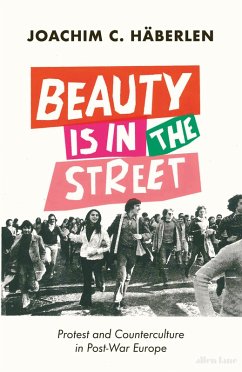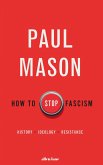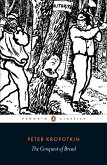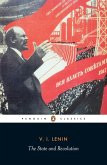'A dream, perhaps, but one that still sounds worth fighting for, even beautiful' Stuart Jeffries, The Observer
'An ambitious and masterly account of utopian protest in Europe ... Fast-paced, with an eye for telling detail and written with a light touch' Robert Gildea
In post-war Europe, protest was everywhere. On both sides of the Iron Curtain, from Paris to Prague, Milan to Wroclaw, ordinary people took to the streets, fighting for a better world. Their efforts came to a head most dramatically in 1968 and 1989, when mass movements swept Europe and rewrote its history.
In the decades between, Joachim C. Häberlen argues, new movements emerged that transformed the nature of protesting. Activism moved beyond traditional demonstrations, from squatting to staging 'happenings' and camping out at nuclear power plants. People protested in the way they dressed, the music they listened to, the lovers they slept with, the clubs where they danced all night. New movements were born, notably anti-racism, women's liberation, gay liberation, and environmentalism. And protest turned inward, as activists experimented with new ways of living and feeling, from communes to group therapy, in their efforts to live a better life in the here and now.
Some of these struggles succeeded, others failed. But successful or not, their history provides a glimpse into roads not taken, into futures that did not happen. The stories in Häberlen's book invite us to imagine different futures; to struggle, to fail, and to try again. In a time when we are told that there are no alternatives, they show us that there could be another way.
Dieser Download kann aus rechtlichen Gründen nur mit Rechnungsadresse in A, B, BG, CY, CZ, D, DK, EW, E, FIN, F, GR, HR, H, IRL, I, LT, L, LR, M, NL, PL, P, R, S, SLO, SK ausgeliefert werden.









